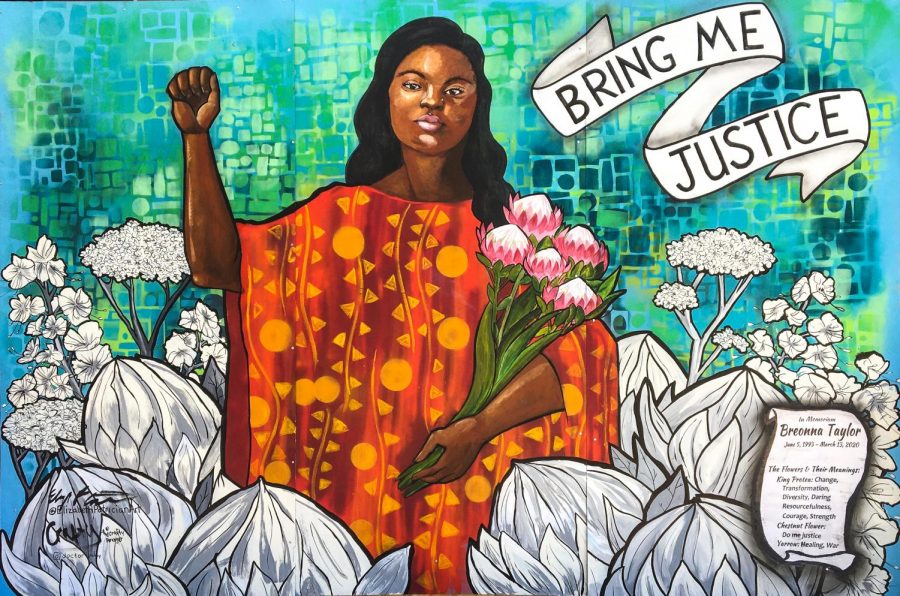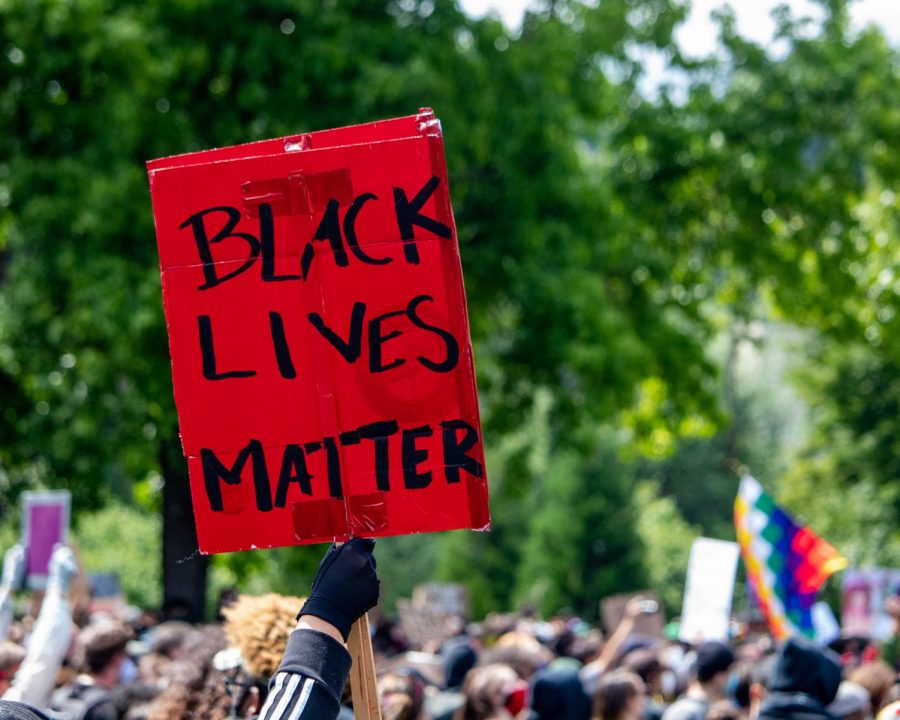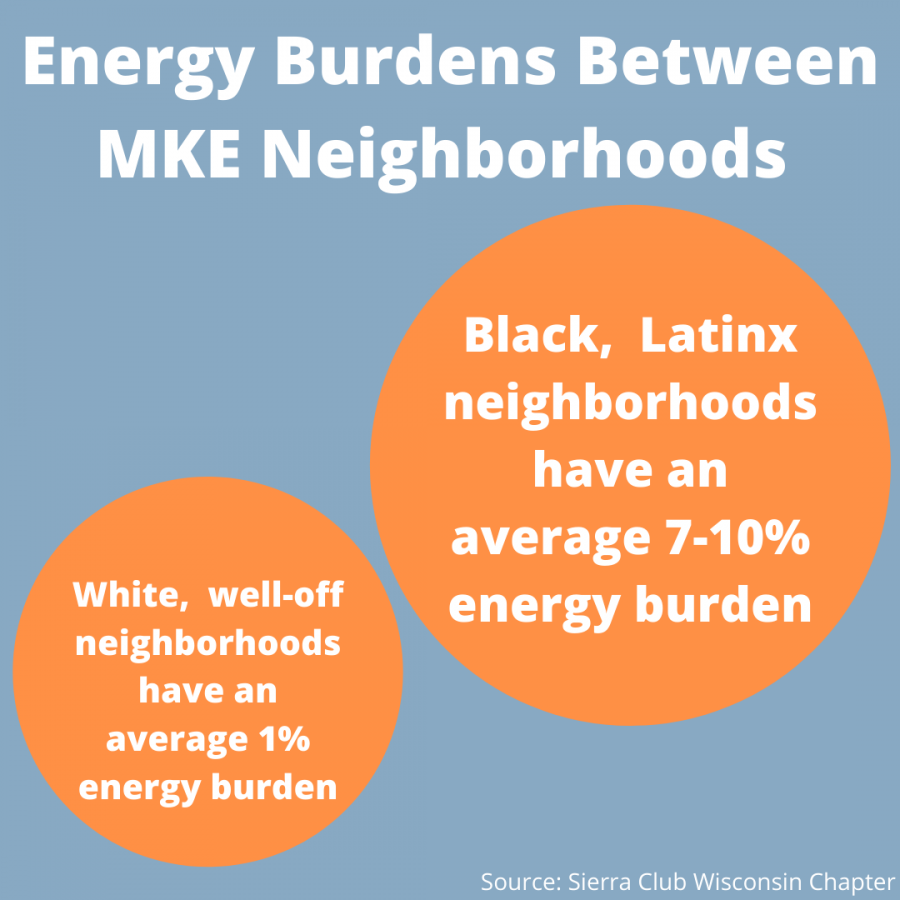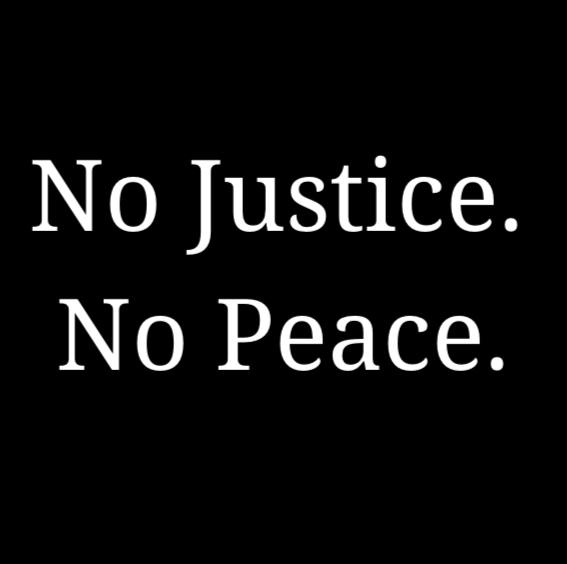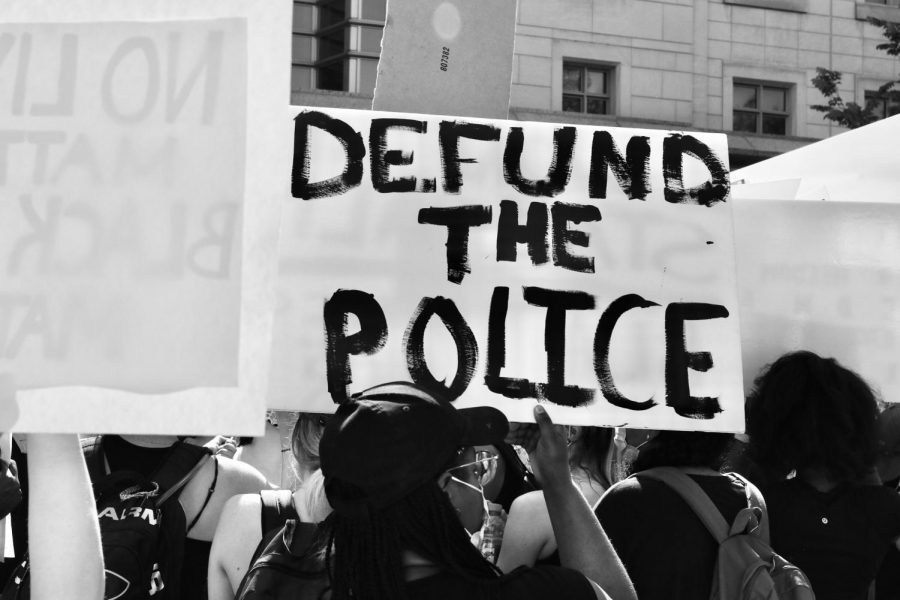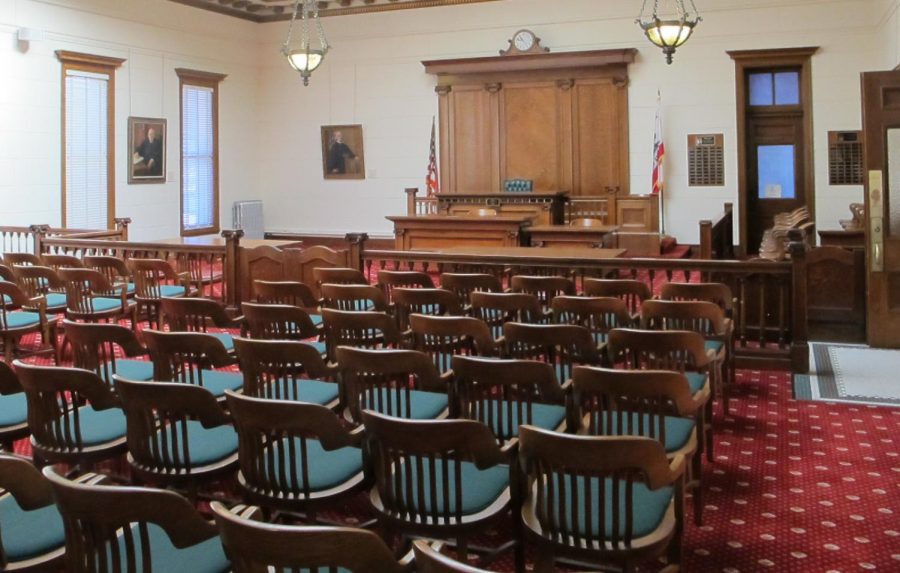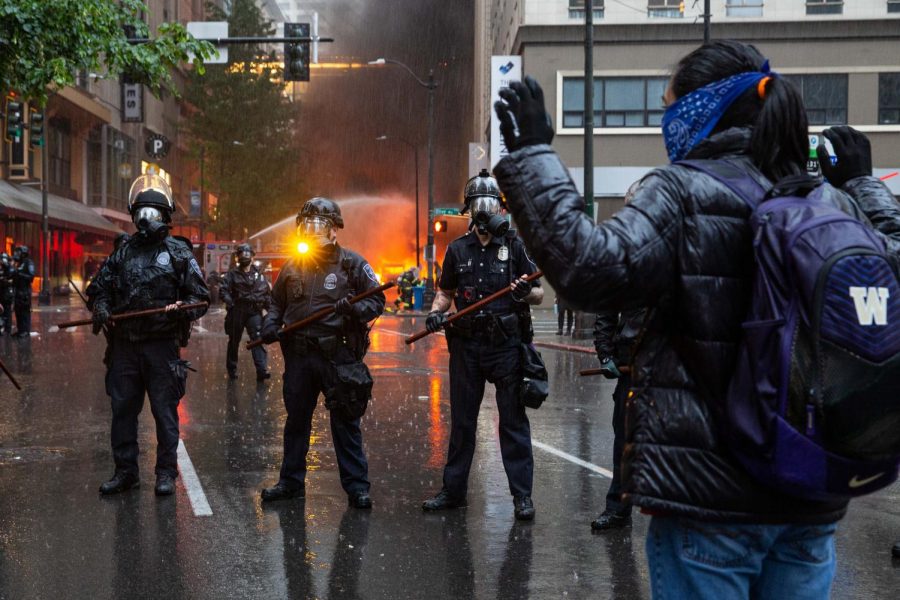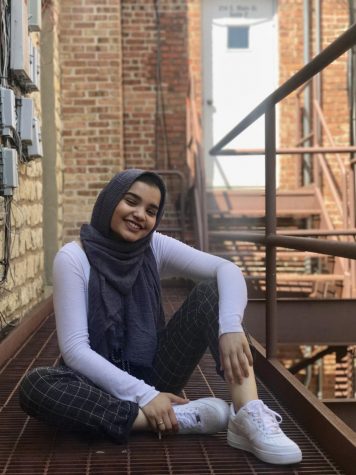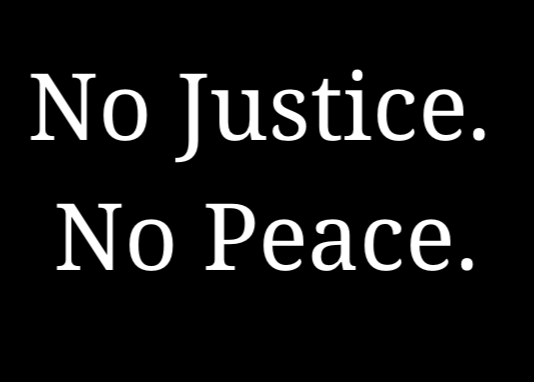
This story is part of a column series focusing on race. The Opinions desk is taking a moment to pause, reflect and share different perspectives on this issue.
Dear non-Black people of color,
I refuse to let myself watch that man, Derek Chauvin, force his knee upon George Floyd’s neck for eight minutes and 46 seconds. It has been 23 days since the murder of George Floyd. To this day, I have yet to let myself view the video because I know how upset it will make me feel. The swelling anger I felt staring at the still video frame is the type of emotion I feel in the face of injustice.
If I, a South Asian, cannot even watch it, I cannot even imagine the pain and deep hurt the Black community feels not only in the United States, but all over the world. To be forced to watch yet another one of their own die in the streets of the “greatest country in the world” is just cruel and wrong.
I am sorry. From the deepest parts of my heart, I want to apologize to the Black community because this country continues to fail them. A country that promises them with “life, liberty and the pursuit of happiness,” only continues to do the exact opposite.
But I know my apologies and words are not nearly good enough. My sorrows mean nothing if my actions do not follow through. I must do the work necessary to dismantle the racist system that unjustly murders, oppresses and torments Black people every single day through police brutality, redlining, voter suppression or any of the other countless tactics used to subdue Black people.
I am a Pakistani female which means yes, I am a person of color. But even the color of my skin provides me privileges that are not given to all minorities.
I, along with the rest of the non-Black people of color must recognize this fact. An ally will support the issues of a marginalized group, whereas an accomplice works to break down the structures and systems that unfairly affect that group. We must use our privileges to stand next to Black minorities and become, not just an ally, but an accomplice.
Racism is clearly apparent within more racial communities than just white ones. I observe evidence of racism and ignorant ideologies within the South Asian community on a daily basis.
It comes in the form of a South Asian parent prohibiting their child to marry a Black person. It is seen in the ways people talk negatively about the darkness of someone’s skin tone. It is clear when South Asian teenagers use the n-word. These acts are all completed by people of color, yet they are still racist. We, as non-Black people of color, continue to correlate dark skin tones with negatives, yet love to take from the culture Black people create.
Black people are responsible for the songs we listen to, the clothes we wear, the words we use and much more. We must acknowledge the amount of culture we take from them without reciprocating equal respect back.
The fact that Black artists are the ones who fill your playlists should not be the only reason we become accomplices with the Black Lives Matter movement and help propel the movement’s ideas. It must be done because Black people are simply people that deserve rights just like everyone else. This should not even have to be a topic to argue.
When Asians fail to see the need to support Black people with their struggle against societal oppression, they do not understand their own history in this country.
Many South Asian families were able to enter the United States due to the Immigration and Nationality Act of 1965, also known as the Hart-Cellar Act, which forever shifted the demographics in America. This act, passed by President Lyndon B. Johnson, abolished immigration quotas based on national origin changing the previous immigration restrictions set by the U.S. government that had a strict ban on immigrants entering the country. This law gave precedence to individuals based on their ties to current Americans and scientific education background.
The Hart-Cellar Act was only able to pass due to the efforts of the Civil Rights Movement occurring at the same time. Because of the work accomplished by Black people, so many families could enter the country. Many South Asians can trace their entrance into this country to the passage of the act.
When Black people desperately need our help to push their movement forward, it would be hypocritical to not support them and put in the same effort they did to get us here in the first place.
We must stop perpetuating the idea of our communities being the “model minority” that other minorities can look to as “inspiration” to create better lives for themselves. The reason that many Asians are doctors and engineers or live in wealthy neighborhoods is because they only allowed those types of immigrants in 1965. We were permitted to enter this country due to educational and class status.
Black people were forced on ships and sailed across the Pacific Ocean to become slaves for white people. It is irrational to try to compare the experience of the two groups. The restrictions in place since the origin of the United States is the reason Black people cannot “pull themselves up by their own bootstraps.”
There are numerous ways we, both as South Asians and just the Marquette community overall, can help Black people and the entire Black Lives Matter movement.
Do the work to educate yourself on racism in the country and the various forms it takes such as in structural, institutional and interpersonal.
Read books. Watch films. Rewire your brain to understand that whatever history you learned in high school was flawed, biased and wrong.
Seek and demand justice for those unjustly oppressed by the discriminatory system such as George Floyd, Breonna Taylor, Robert Fuller, Atatiana Jefferson, Treyvon Martin, Tamir Rice and Eric Garner.
And that’s not even close to all the names.
Sign petitions. Contact government representatives. Donate to their cause.
Have the conversations with those around you, whether they are people of color or not. Teach them about the daily injustices in this country that we must stop turning a blind eye to.
This is not just a couple of actions or a trend to put on your Instagram story. This is a movement. Do your part and use your privilege.
I never want to see another Black person get killed in the hands of a police officer. The Black community must never have to experience that pain again.
Non-Black people of color must do the work to make that happen.
Sincerely,
A model minority


